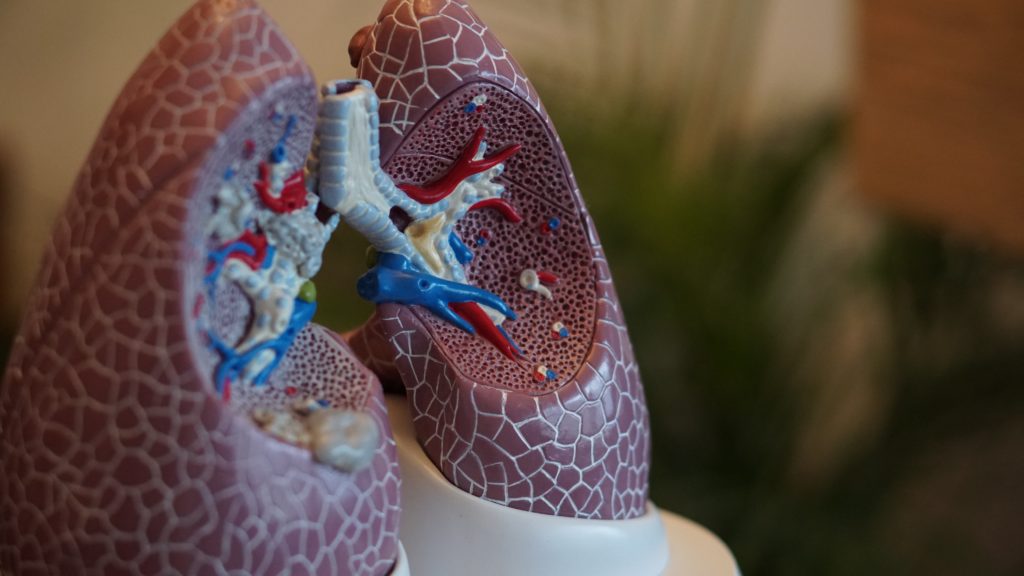Lung Cancer
Lung cancer is the 5th most common cancer and leading cause of cancer death in Australia
Home / Screening and Safety / Special Cancer Populations / Specific Cancer Streams / Lung Cancer

Exercise in Lung Cancer
Exercise in individuals with lung cancer can help people maintain independence, improve physical and mental health and the symptoms associated with disease and treatment
Common treatment for lung cancer includes:
- Surgery
- Radiotherapy
- Chemotherapy
- Immunotherapy e.g. Nivolumab, pembrolizumab
Individuals with lung cancer experience further reduction in functional and exercise capacity compared to people without cancer due to a number of reasons:
-
- Lung tumour location/type/size
- Effects of certain chemotherapies and radiotherapy
- Surgery resulting in reduction of lung capacity
- Alveolar hypoventilation
- Damage to parenchyma and vascular structures
Co-morbidities are common in the lung cancer population such as chronic obstruction pulmonary disease and cardiac disease
Skeletal muscle atrophy, cachexia and sarcopenia occur in a large proportion of individuals with lung cancer. A focus on resistance and functional training can improve this.
Exercise is safe prior to the commencement of treatment, during treatment, peri and post operatively and during palliative care after lung cancer if delivered appropriately. Exercise delivered before lung cancer surgery can reduce hospital length of stay by 4 days, improve pre-surgery lung function and result in less time requiring a chest drain.
Aim for 3 x 30 minutes of exercise, building up to 150 minutes per week. As this population can be very deconditioned, smaller bouts of exercise may be required.
- Individuals with lung cancer should be encouraged to be as physically active as possible
- Monitor vital signs during exercise – heart rate, oxygen saturation, blood pressure
- Utilise exertion scales such as the BORG RPE scale to monitor symptoms such as shortness of breath
- Home based exercise programs are preferred by people with lung cancer – consider the feasibility of technological strategies for the provision of home base exercise
- Communicate with the wider multidisciplinary team in regards to symptom management, medications and nutrition in concurrence with the exercise program
- Lung Foundation Australia
- Exercise in Lung Cancer – publications:
- Physical activity for people with lung cancer – Australian Journal of General Practice
- Physiotherapy in Lung Cancer – Journal of Physiotherapy
- Cancer Council – Lung Cancer
